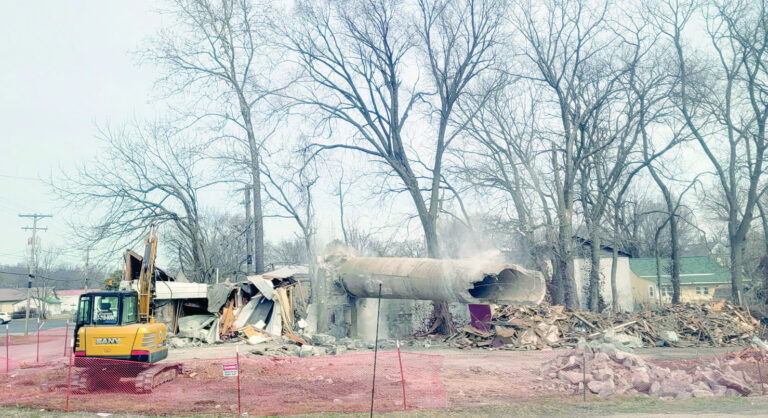The season of Lent began two weeks ago.
Some reading this may wonder why that makes any difference. Here’s why: we need Lent to remind us of the hope we have.
We may think our hope lies in things like retirement accounts or medical care or leisure and recreational enjoyments of life.
Some may say their hope lies in their work, but let’s face it: work is primarily a means to those things already listed.
But sooner or later, all those things that might bring us hope will end. We will breathe our last breath. We will die. And what then?
Earth to earth, ashes to ashes. You are dust, and to dust you shall return, the pastor or priest will say at the gravesite.
Lent reminds us of this reality of life by reminding us of our death. But we live in such a death-denying culture. We don’t like it, and we don’t like talking about it. All the more reason for Lent. Why deny what is a known reality?
If only for a few weeks each year, Lent helps us remember our mortality.
Lent reminds us of our own death by pointing us to the death of Jesus Christ, for Good Friday is the culmination of Lent. Lent says to us, in effect, Look at Jesus on the cross…. Why is he there?
He is there because you will someday die. And what then?
Have you any hope that lies beyond this life? Any real hope in anything that will get you beyond the grave?
Lent tells us we have such hope, and it is there because Jesus died on the cross. But there’s a “buy in” to realize this hope: you must realize your need of it.
You must realize your need of a Savior, for that’s why Jesus died.
You see, Lent is like a connecting line between the reason Jesus was born (to be a Savior) and the reason he died (as an atonement or remedy for MY sin).
In order for me to genuinely receive the benefit for which Jesus was born and died, I must see my great need. The void in my life. The sin that brings frustration now and hopelessness of what will happen at death.
Lent is the five-week “season” prior to Good Friday during which the focus is to help me realize once again my sinful condition and need of forgiveness in order to be restored to God. And this restoration to God is our only hope beyond the grave.
To restore us to God and give us genuine, true hope is the reason Jesus was born and died. In him alone is our hope beyond the grave.
Jesus said, “I am the way, the truth and the life. No one comes to the Father except through me.” (John 14:6).
Rev. Randy Crane is the pastor at Waldensian Presbyterian Church in Monett. He may be reached at cranes5@hotmail. com.





